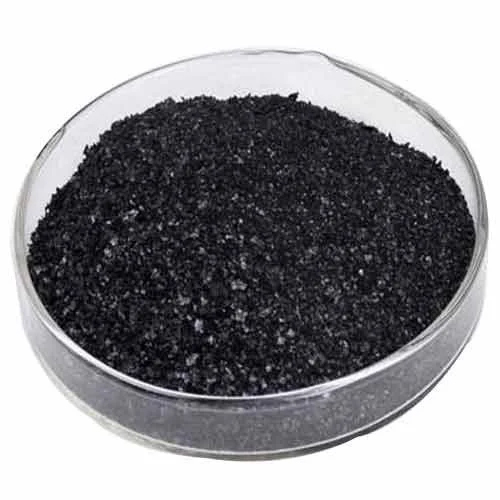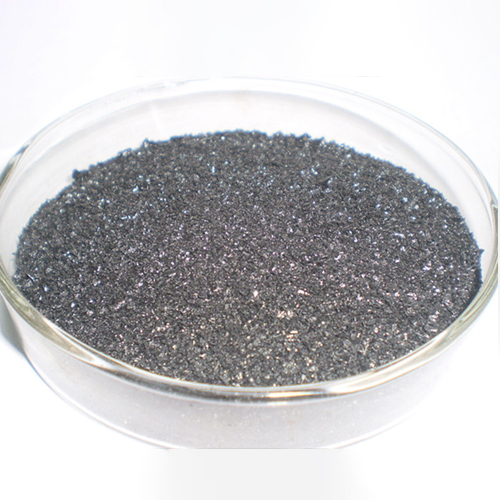Why Choose Us?
Our satisfaction means to us We want to build a relationship with you, and not just a transaction. We want you to have a memorable experience through our entire interaction, and we strive to make that happen
Available 24/7
Creative ideas
Customer Focused
Fast Delivery

Quick Enquiry

Fill out the form, Our Team will contact you for further details.




Potassium humate is the potassium salt of humic acid, a valuable agricultural product used primarily as a soil conditioner. Its commercial production involves the alkaline extraction of brown coal (lignite) or leonardite using water, potassium hydroxide (KOH), sequestering agents, and hydrotropic surfactants. Heat is applied to enhance the solubility of humic acids, resulting in the extraction of potassium humate. The liquid extract is then dried to create an amorphous crystalline-like product, often used in granulated form and added to fertilizers.
Key Technical Content:
Features and Benefits:
Features:
Benefits:
Usage:
Crops: Suitable for all types of crops.
Mode of Action:
Dosage:
Potassium humate is a versatile agricultural product that not only improves soil quality but also enhances plant growth and nutrient absorption, ultimately leading to higher crop yields. Its various benefits make it a valuable tool for sustainable and efficient agriculture.